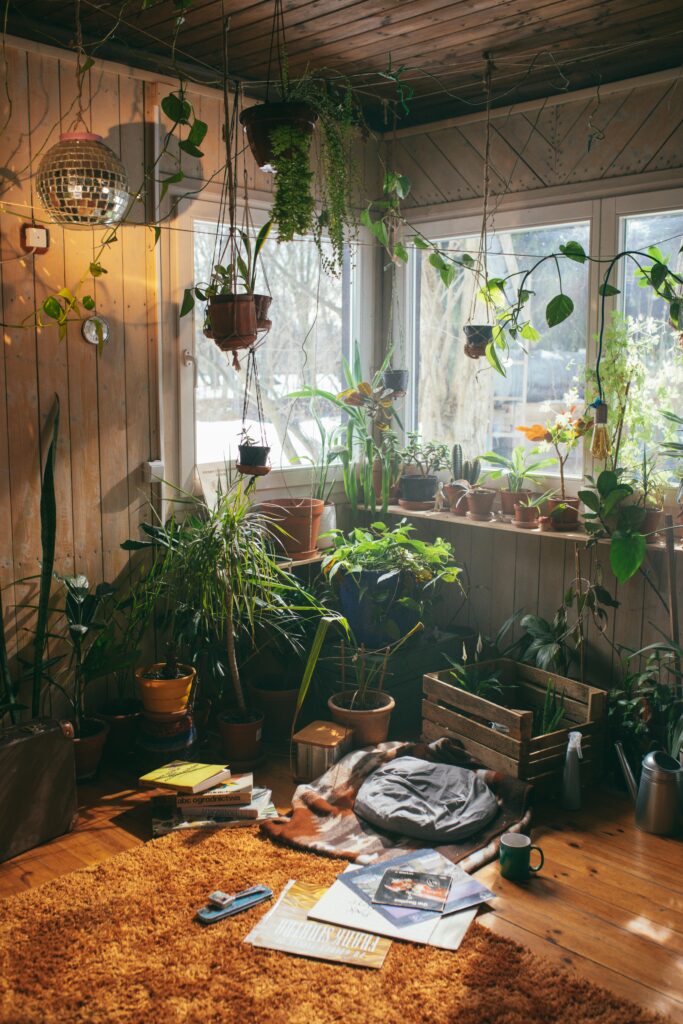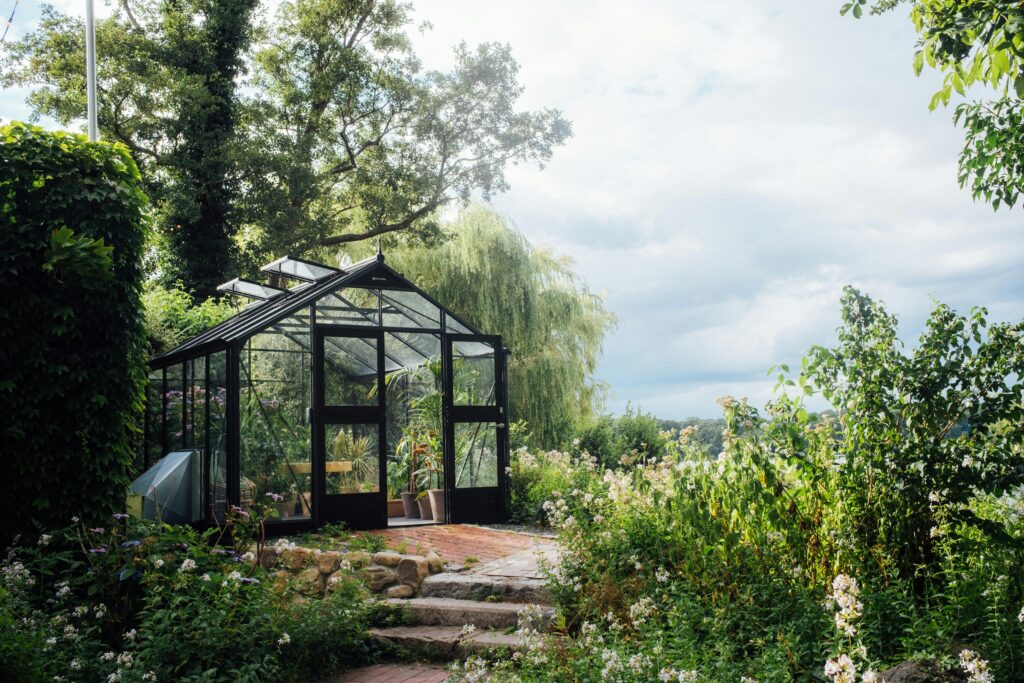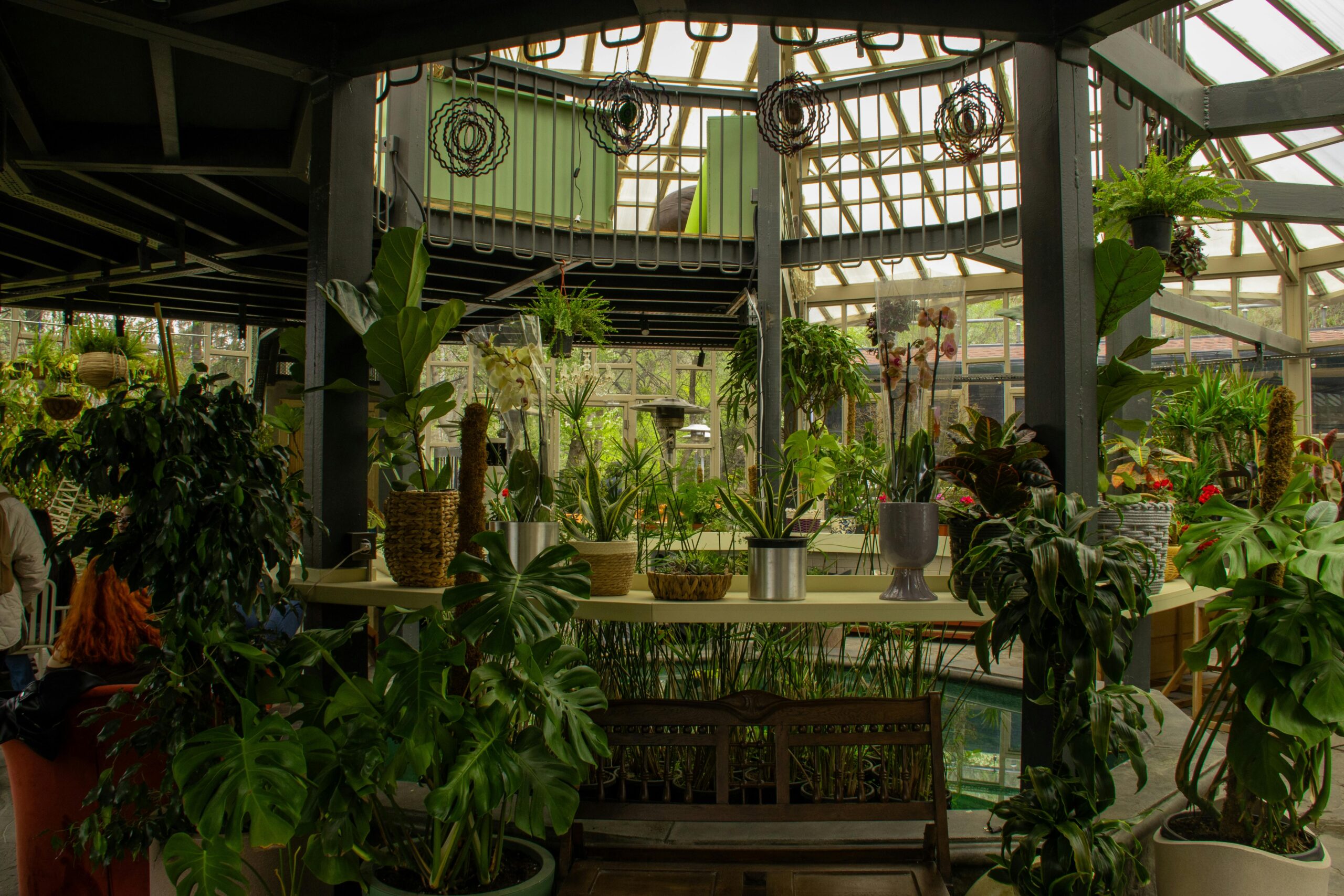The fast-paced, concrete jungle that many associate with city life is now being transformed into green, sustainable spaces where vegetables, herbs, and even fruits are flourishing. Urban gardening allows city dwellers to connect with nature, reduce their carbon footprint, and enjoy the fruits of their labor—all without needing a sprawling backyard.
This article explores why urban gardening has become such a trend, how anyone can get started, and the numerous benefits it brings to individuals, communities, and the environment. Whether you have a tiny balcony, a rooftop, or just a few windowsills, creating a small garden in the city is more possible than you think.
- Why Urban Gardening Is Gaining Popularity
- How to Start Your Own Urban Garden
- Maximizing Limited Space
- Environmental and Health Benefits
- Conclusion
Why Urban Gardening Is Gaining Popularity
Urban gardening has become a go-to solution for many city dwellers who are looking to reconnect with nature, reduce their environmental impact, and grow their own fresh produce. Several factors have fueled this rise in interest:
Sustainability and Local Food Production: As concerns about climate change and food security grow, more people are seeking ways to reduce their carbon footprint. Urban gardening enables individuals to grow food locally, reducing the need for long-distance transportation of produce, which contributes significantly to greenhouse gas emissions.
Desire for Self-Sufficiency: Many people are drawn to urban gardening because it offers a sense of control and self-sufficiency. Growing your own food allows you to have fresh, pesticide-free produce at your fingertips and reduces your reliance on supermarkets.
Urban Green Spaces and Well-Being: Urban gardening is not just about food; it’s also about creating green spaces in cities that often lack natural environments. Research has shown that spending time in nature can improve mental health by reducing stress, enhancing creativity, and boosting overall well-being. This is why more people are turning to urban gardening—not just for food but as a form of therapy and relaxation.
In my own experience, having a small garden in my apartment has been incredibly fulfilling. Not only do I enjoy the fresh produce, but I also feel more connected to nature, even in the middle of the city.
How to Start Your Own Urban Garden
Starting an urban garden might seem daunting, especially if you have limited space. But with the right approach, anyone can begin growing their own food, even in a small apartment or on a balcony. Here’s how to get started:
Choose the Right Plants: Start with easy-to-grow plants like herbs (basil, mint, parsley), leafy greens (lettuce, spinach), or small fruiting plants (tomatoes, strawberries). These are well-suited for smaller spaces and require less care. They can thrive in containers or small raised beds.
Use Containers and Raised Beds: Containers are perfect for urban gardening, especially if you’re working with a small space. You can grow plants in pots, containers, or even recycled materials like wooden crates or old tubs. Raised garden beds are another great option for maximizing space and creating a neat, organized gardening area.

Location is Key: Find a spot with plenty of sunlight—most vegetables and herbs need at least 4-6 hours of direct sunlight each day. Whether it’s a sunny balcony, windowsill, or roof terrace, choosing the right location is critical to your garden’s success.
I started my urban garden on a small balcony with a few pots for herbs and tomatoes, and I was amazed at how quickly the plants grew. Even with limited space, the rewards were huge, and the process of watching the plants grow gave me a sense of accomplishment.
No single sort of garden suits everyone. Shut your eyes and dream of the garden you’d most love then open your eyes and start planting. Loved gardens flourish, boring ones are hard work.
Jackie French
Environmental and Health Benefits of Urban Gardening
Urban gardening offers numerous environmental and health benefits, making it not just a trendy hobby, but a powerful way to contribute to both the planet’s well-being and your own. By growing food in urban spaces, individuals can reduce their ecological footprint, while also enjoying the direct health advantages of having access to fresh, local, and pesticide-free produce.
Environmental Impact
One of the most significant environmental benefits of urban gardening is the reduction in the need for large-scale industrial agriculture, which is a major contributor to greenhouse gas emissions, deforestation, and water depletion. Traditional farming practices rely heavily on transportation to move food from rural areas to cities, leading to increased fuel consumption and higher carbon emissions. By growing food locally, urban gardeners reduce this transportation footprint and the associated environmental impact.
A study published in Sustainability in 2019 found that urban farming can significantly reduce a city’s carbon footprint, particularly when combined with sustainable practices such as rainwater harvesting and composting. The researchers concluded that even small-scale urban gardening projects could contribute to reducing greenhouse gas emissions from food production and transportation by a significant amount.
In addition, urban gardening can improve the quality of the surrounding environment. Plants act as natural air filters, absorbing carbon dioxide and releasing oxygen. Studies have shown that urban greenery helps reduce air pollution, mitigate the urban heat island effect, and improve the overall aesthetic of cities. A 2020 study in Environmental Research Letters found that urban gardens significantly reduce the urban heat island effect, which occurs when cities absorb and retain more heat than rural areas. Green spaces, including gardens, help cool down the surrounding environment by providing shade and promoting evapotranspiration.
Reducing Food Waste
Another important environmental benefit of urban gardening is the reduction of food waste. In many households, food is often bought in excess, only to end up in the trash when it spoils. With urban gardening, individuals can grow just the amount of food they need, reducing the amount of produce that gets thrown away. This is particularly relevant in the context of urban communities, where access to fresh, local food is sometimes limited, and people rely on packaged goods that have a higher risk of spoilage.
A study conducted by the Journal of Cleaner Production in 2018 found that urban gardening, especially in densely populated areas, can directly contribute to reducing food waste. The research emphasized the role of small-scale food production in urban areas, which allows individuals to manage their consumption more efficiently and reduce the environmental impact of food waste.

Health Benefits
Urban gardening also provides significant health benefits, particularly through improved access to fresh and nutritious food. Growing your own vegetables and herbs at home allows you to enjoy pesticide-free, organic produce without the high cost of organic groceries. Eating fresh produce that you’ve grown yourself also ensures you are consuming food at the peak of its nutrient density, which is often lost when food is transported over long distances or stored for long periods.
A study published in Public Health Nutrition in 2017 found that people who engage in gardening activities typically consume more fruits and vegetables and are more likely to maintain a healthy weight. The study highlighted that urban gardeners tend to have better diets, which directly impacts their overall health by lowering the risk of chronic diseases like heart disease, diabetes, and obesity.Moreover, gardening itself offers physical exercise. Tasks like digging, planting, and weeding provide moderate physical activity that helps improve strength, flexibility, and cardiovascular health. Gardening can also be a mentally soothing activity. The act of caring for plants and spending time in nature has been shown to reduce stress, lower blood pressure, and improve overall mental well-being. A study published in Environmental Health and Preventive Medicine found that people who spent time gardening experienced a significant
Conclusion – Embrace the Green Revolution in Your City
Urban gardening is more than just a trend—it’s a sustainable, rewarding, and fulfilling way of living that allows city dwellers to grow their own food, reduce their environmental impact, and connect with nature. Whether you’re working with a small balcony or a rooftop garden, there are plenty of ways to start cultivating your own green space in the city.
By embracing urban gardening, you can enjoy fresh produce, reduce your carbon footprint, and create a positive environmental impact—one plant at a time. Start small, experiment with different plants, and watch your urban garden flourish.







